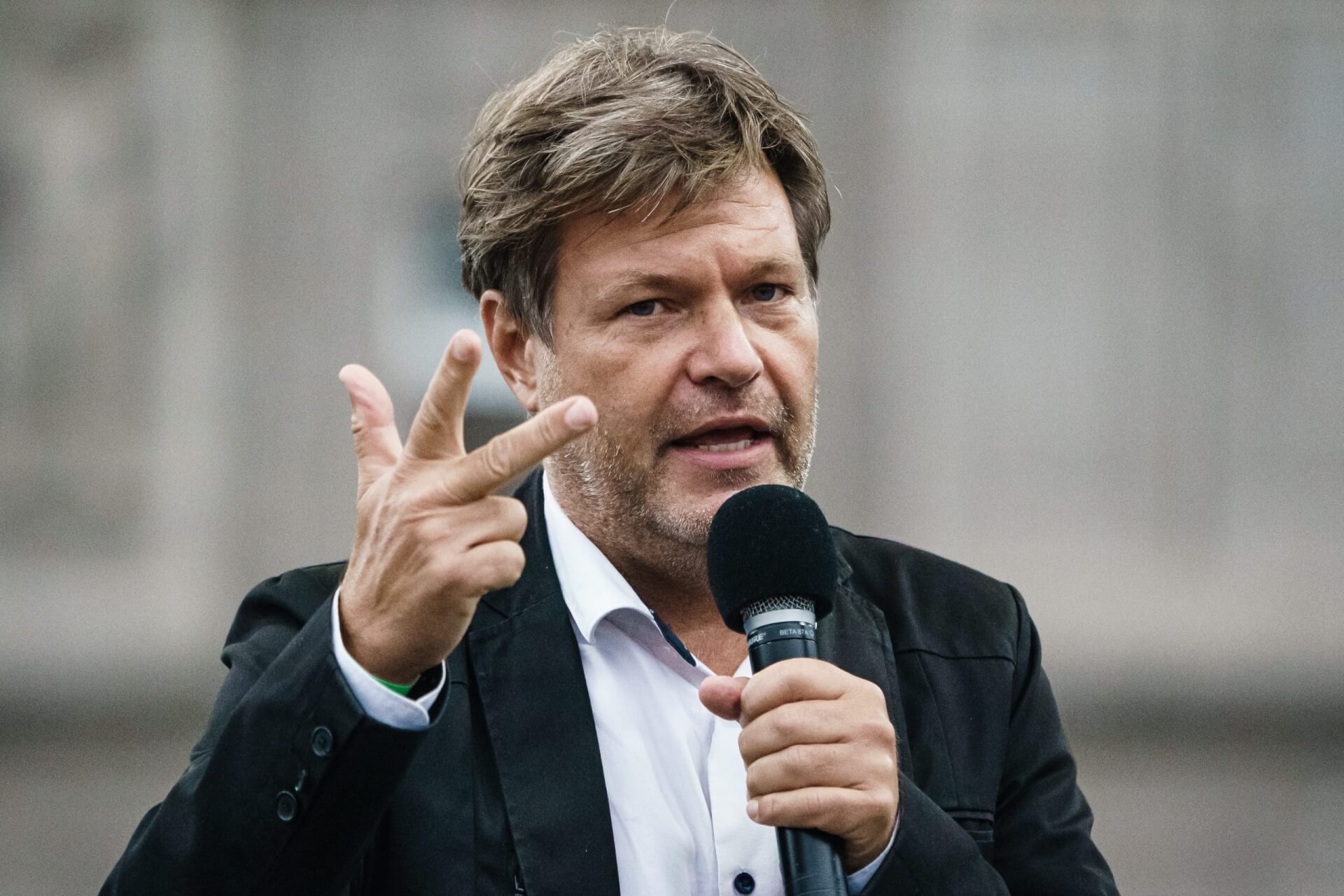On Monday, German Vice-Chancellor and Minister for Economic Affairs and Climate Action Robert Habeck said the Group of 7 (G7) countries—comprised of Canada, France, Germany, Italy, Japan, the United Kingdom (UK), and the United States (US)—have rejected Russia’s demand for natural gas payments to be made in rubles.
Germany’s energy minister says the Group of Seven major economies have agreed to reject Russia’s demand to pay for Russian energy imports in rubles. 🥶
— Kevin Rothrock (@KevinRothrock) March 28, 2022
The energy ministers of the G7 countries and the European Union’s (EU) Commissioner for Energy, Kadri Simson, met on Friday via videoconference to coordinate a joint response to Moscow’s demand for Ruble payments for gas exports. “Payment in [the] ruble is not acceptable, and we will urge the companies affected not to follow [Russian President Vladimir] Putin’s demand,” Habeck said.
“All G7 ministers agreed completely that this [would be] a one-sided and clear breach of the existing contracts for natural gas,” he added.
Along the same lines, German Chancellor Olaf Scholz said, “The contracts we know lay down the euro as payment currency, and the companies will pay according to the contracts they have signed.” European countries and companies currently pay for Russian gas imports in euros or US dollars.
The decision comes after President Putin demanded payments for gas exports from “unfriendly” countries to be exclusively made in rubles. Putin also instructed the Russian Central Bank to facilitate a procedure allowing gas buyers to acquire Rubles in Russia.
Putin’s demand led to a further increase in the already-high gas prices. In fact, the announcement last week resulted in wholesale gas prices skyrocketing by up to 30% in some parts of Europe, with the UK and the Netherlands being particularly hard-hit.
The EU imports 40% of its gas requirements for Russia. Due to its reliance on Russian gas imports, the bloc has shied away from imposing a complete ban. However, the Union is proactively looking for alternatives to diversify its supplies to reduce dependency on Russia. To this end, the EU and the US announced a new deal under which the US would provide the EU with 15 billion cubic meters of Liquefied Natural Gas (LNG) this year.
Ruble recovers…
— Guy Verhofstadt (@guyverhofstadt) March 28, 2022
A scared Europe is losing the financial war, as Europe’s gas & oil payments continue to finance the Russian army.
Insane.
Double down on sanctions now !
🛑 🛑 🛑 pic.twitter.com/9hyTflZaI0
Russia’s demand is seen as a precursor to Moscow shutting down gas supply to Europe, which could hurt Russia’s finances and Europe’s economy. When questioned whether Russia may potentially cut natural gas supply to Europe if EU countries refuse to pay in rubles, Kremlin spokesperson Dmitry Peskov said, “We clearly aren’t going to supply gas for free,” adding, “In our situation, it’s hardly possible and feasible to engage in charity for Europe.”
Easy to see why a sanctions ineffectiveness narrative is building. The Ruble has regained 68.9% of its losses to the US dollar in 18 days. pic.twitter.com/LhutX6IUyH
— Ben Judah (@b_judah) March 29, 2022
Before Europe rejected Moscow’s demand, Peskov had warned that Russia would take action against Europe “in due course” if they refused to pay in rubles. Similarly, Russian lawmaker Ivan Abramov was reported saying that G7’s refusal to comply with Moscow’s demand would result in an “unequivocal halt in supplies.”
In sharp contrast, when a similar question was posed to Habeck, he said the EU is prepared for all situations. “Putin’s demand to convert the contracts to ruble [means] he is standing with his back to the wall in that regard, otherwise he wouldn’t have made that demand,” he added.
German energy minister, Robert Habeck. said the G7 has rejected Moscow’s demand to pay for Russian natural gas exports in rubles: “Putin’s demand to convert the contracts to ruble (means) he is standing with his back to the wall, otherwise he wouldn’t have made that demand”
— Old Man Lefty (@OldManLefty1) March 29, 2022
Economists have said that the demand was aimed at increasing the value of the ruble, which has significantly depreciated since the Russian invasion of Ukraine began in February. The onset of the invasion led to the West responding with severe sanctions that targeted Russia’s economic and financial apparatus. However, despite the currency regaining some of its value and reaching its highest value since the invasion began, experts are not convinced about the long-term effectiveness of this strategy, particularly given that the G7 has now said that they will not comply with the request.

